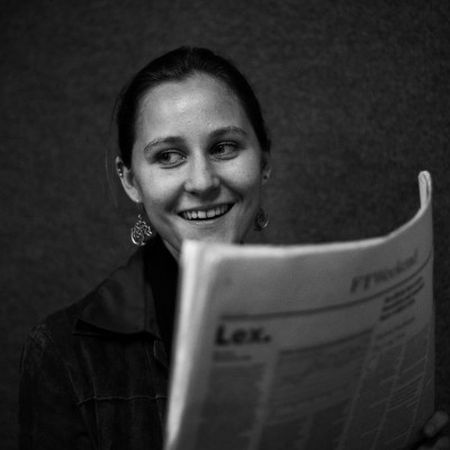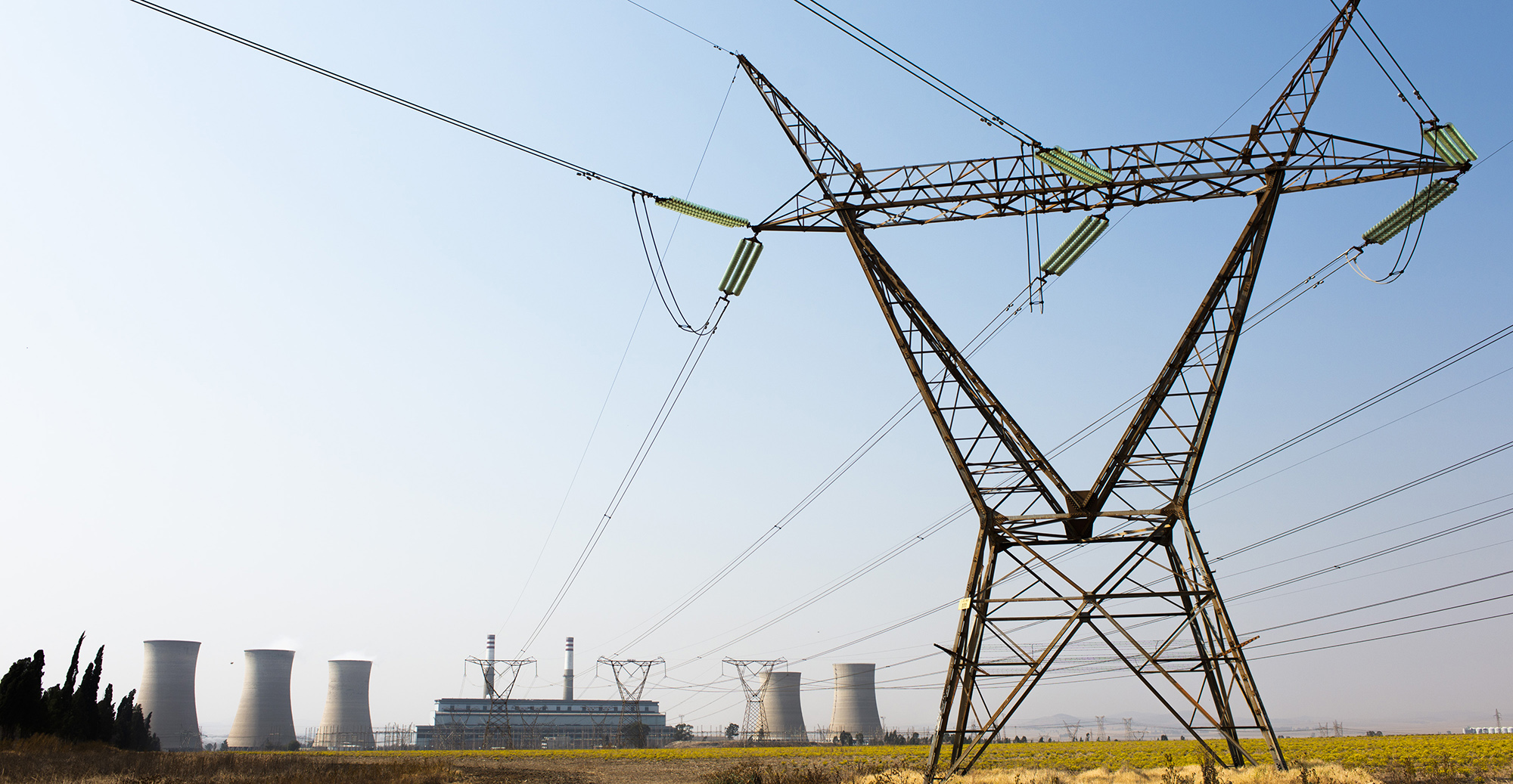The Gauteng Division of the High Court in Pretoria on Friday, 31 October, ruled that the National Energy Regulator of South Africa’s (Nersa’s) process for approving municipal electricity tariffs without the use of proper cost studies and public participation processes is unconstitutional.
The ruling follows an application brought by the nonprofit organisation AfriForum, which sought that the process Nersa used during the consideration and approval of the municipal tariffs for 2025/26 be declared invalid.
“The case was won with costs, and the court also granted AfriForum’s request for an interdict for specified timelines for future public participation processes.
“The new timelines in the municipal electricity increase process will ensure that there is no shortage of opportunities for the public to provide input on the proposed electricity tariff increases,” said AfriForum in a media statement on Friday.
Nersa’s municipal electricity tariffs, approved on an annual basis, determine the rates at which local governments can charge customers for electricity. These are established based on the annual, Nersa-approved tariff increase for Eskom.
In 2025/26, Nersa approved a 12.7% tariff hike for Eskom. While this was a third of the utility’s initial request for a 36% hike, it still put increased pressure on consumers.
Read more:
- Eskom’s tariff increase a mixed bag for consumers
- Nersa approves 12.7% tariff increase for Eskom — one-third of its original ask
The high court’s ruling did not set aside the approvals of the municipal tariffs for 2025/26. However, it ordered that in Nersa’s future processes for approving these tariffs, the energy regulator must:
- Inform municipalities of increases granted to Eskom and other generators by 31 January each year;
- Consider and publish every municipality’s cost-of-supply study and tariff application for public participation; and
- Finalise decisions on all municipal tariff applications by 5 May, while simultaneously publishing the reasons for each decision.
The court ordered that municipal licensees must submit their electricity tariff applications by no later than 30 March each year.
“This is not only a victory for AfriForum and its members, but for every person who pays for electricity. This ruling ensures that Nersa follows a process where consumers can have a proper and fair say in municipal electricity tariff increases, and that Nersa and municipalities cannot pull the wool over consumers’ eyes.
“AfriForum is confident that these fixed timelines will bring renewed stability to electricity tariff adjustments,” said Morné Mostert, AfriForum’s manager of local government affairs.
Read more: Consumers to bear the brunt as Nersa bungles push up Eskom tariffs
In court
AfriForum’s court application was opposed by Nersa. The City of Ekurhuleni, Mogale City and the City of Johannesburg also filed opposing papers, while the City of Cape Town made a submission challenging the timeframes proposed by AfriForum.
According to the court ruling, both AfriForum and the City of Cape Town noted the “consistent lateness” of Nersa in determining and publishing the tariff for bulk sales of electricity by Eskom to its customers, as well as the energy regulator’s late responses to municipalities’ applications for approval of their municipal tariffs.
“The latter applications depend on the tariff determination of bulk sales by Eskom as the municipal tariff consists of a Nersa-approved mark-up on the Eskom tariff,” stated the court ruling.
The “dilemma”, according to the court, was that the financial year of each municipality commenced on 1 July, with a draft budget published at least 90 days before that.
“As the sale [of electricity] to end users … is one of the pillars of municipal revenue, the need for clarity on the Eskom bulk tariff and Nersa’s response to municipal tariff applications points to a timeframe within which Nersa must act so that municipalities can lawfully adopt budgets,” stated the ruling.
“The consistent lateness of Nersa’s responses has adversely affected the public’s right to participate in the finalisation of firstly, budgets, and secondly, municipal electricity tariffs as an anchor component of budgeting for municipal revenue.”
The court noted that in the case of Mogale City, its municipal tariff application was published on 19 June, and Nersa approved the tariff the following day, meaning no public participation took place.
Nersa contended that while it set deadlines for municipalities to submit applications for municipal tariffs, many municipalities did not adhere to these, resulting in delays.
It also argued that the cost-of-supply studies that accompanied municipalities’ tariff applications were confidential. However, the court ruled, “The cost-of-supply study is a public document intended for public and official scrutiny… How Nersa could unilaterally declare a cost-of-supply study as confidential is beyond concerning. It did not publish this policy in advance.”
In a statement on Sunday, 2 November, the City of Cape Town said that its recommendations regarding the revised timelines for Nersa’s decisions on municipal tariffs had been accepted by AfriForum and the court.
AfriForum originally advocated for municipal licensees to submit their municipal tariff applications by 10 January each year, two months earlier than was previously the case, with the final decisions on tariff applications to be completed by 10 March.
The City of Cape Town proposed the revised dates included in the court order, which AfriForum accepted.
“This is a positive step for residents in all municipalities across South Africa, who will benefit from more transparency in electricity tariff-setting decisions,” said Cape Town Mayor Geordin Hill Lewis.
/file/dailymaverick/wp-content/uploads/2025/06/0-1.jpg)
“The order also halts Nersa’s chaotic and delinquent handling of municipal tariff applications. We are appreciative that the court accepted our arguments, imposing a timetable on Nersa that brings to an end the regulator’s common practice of late decisions, without reasons, after the municipal financial year has already begun, and after all budget calculations and public participation are long done,” said Hill-Lewis.
The high court has given interested parties, including all 158 municipalities, until 18 November to submit reasons why the proposed timelines should not be approved. DM





 Consumers of electricity will now have more of a say in municipal electricity tariff increases. (Photo: Waldo Swiegers / Bloomberg via Getty Images)
Consumers of electricity will now have more of a say in municipal electricity tariff increases. (Photo: Waldo Swiegers / Bloomberg via Getty Images)